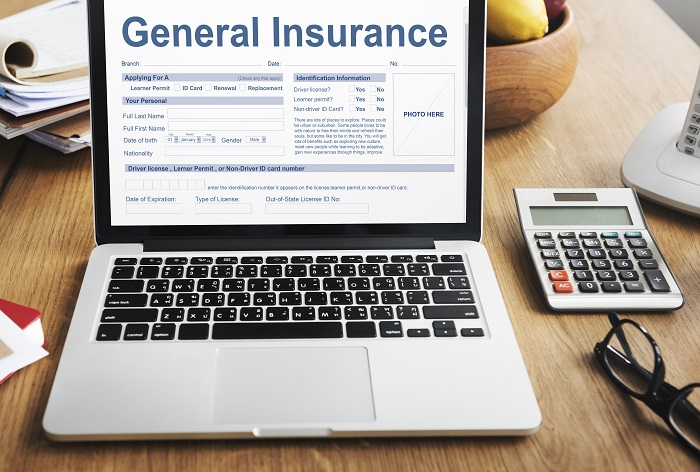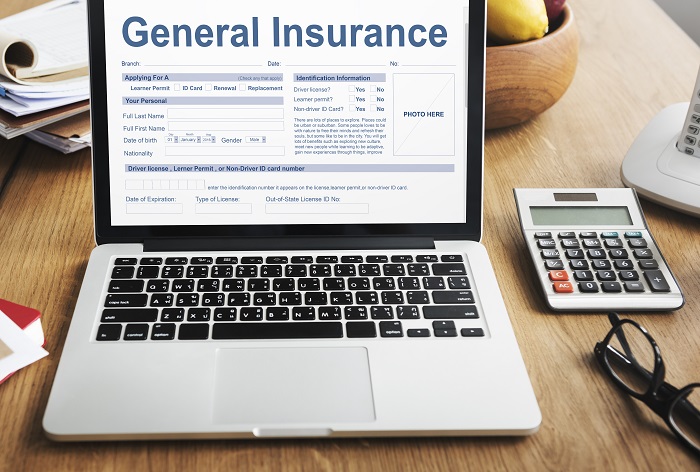
Meta Description: General Insurance (Non-Life Insurance) explained in detail with benefits, types, coverage, FAQs, and expert insights to secure your financial future.
📑 Comprehensive Outline in Table Format
| Heading Level | Heading Title |
|---|---|
| H1 | General Insurance (Non-Life Insurance) Ultimate Guide: 15 Key Insights You Must Know |
| H2 | What Is General Insurance? |
| H2 | Importance of General Insurance in Daily Life |
| H2 | Types of General Insurance Policies |
| H3 | Health Insurance |
| H3 | Motor Insurance |
| H3 | Home Insurance |
| H3 | Travel Insurance |
| H3 | Fire Insurance |
| H3 | Marine Insurance |
| H2 | Key Features of General Insurance |
| H2 | Benefits of General Insurance for Individuals and Businesses |
| H2 | How Does General Insurance Work? |
| H2 | Eligibility and Documentation Required |
| H2 | Common Exclusions in General Insurance |
| H2 | How to Choose the Right General Insurance Plan |
| H2 | The Role of Technology in General Insurance |
| H2 | General Insurance vs Life Insurance |
| H2 | Top Mistakes to Avoid When Buying General Insurance |
| H2 | FAQs About General Insurance |
| H2 | Conclusion: Why General Insurance Is a Smart Investment |
What Is General Insurance?
General insurance, also known as non-life insurance, provides financial protection against unexpected losses and damages other than those related to human life. It covers risks like accidents, theft, natural disasters, medical emergencies, and travel uncertainties. Unlike life insurance, which pays out upon death or maturity, general insurance compensates policyholders for specific financial losses as and when they occur.
At its core, general insurance works on the principle of risk pooling—where many individuals pay premiums into a fund, and those who face losses are compensated.
Importance of General Insurance in Daily Life
Life is unpredictable, and risks can strike without warning. General insurance helps people and businesses mitigate financial setbacks caused by accidents, health issues, or property loss. Imagine having your car stolen, your house damaged by fire, or being hospitalized for an unexpected surgery. Without general insurance, these incidents could drain your savings.
Key reasons why general insurance is vital:
- Provides financial security during emergencies.
- Protects assets like homes, vehicles, and businesses.
- Reduces out-of-pocket expenses for medical treatments.
- Offers peace of mind by covering risks beyond your control.
Types of General Insurance Policies
Health Insurance
Health insurance covers medical expenses from illnesses, accidents, and hospitalizations. It often includes cashless treatment, pre- and post-hospitalization cover, and add-ons like critical illness protection.
Motor Insurance
Motor insurance protects against losses from road accidents, theft, and third-party liabilities. In many countries, third-party motor insurance is legally mandatory.
Home Insurance
Home insurance covers damage caused by fire, burglary, natural disasters, and accidents. It can protect both the structure and the contents inside.
Travel Insurance
Travel insurance safeguards against trip cancellations, lost baggage, passport theft, and medical emergencies abroad. It’s especially valuable for international travelers.
Fire Insurance
Fire insurance protects homes, offices, and factories against fire-related damages, including explosions, lightning, and sometimes earthquakes.
Marine Insurance
Marine insurance is crucial for businesses, covering cargo, ships, and freight against risks like accidents at sea, piracy, and natural calamities.
Key Features of General Insurance
General insurance policies share some common features:
- Annual Renewability – Most policies need yearly renewal.
- Premium-based Coverage – The sum insured depends on the premium paid.
- Indemnity Principle – Compensation is limited to actual loss.
- Customizable Add-ons – Options like zero-depreciation cover for vehicles or accidental riders for health.
Benefits of General Insurance for Individuals and Businesses
- Individuals: Protection for health, vehicles, travel, and homes.
- Businesses: Safeguards against property damage, liability claims, and employee-related risks.
- Long-term financial planning: Reduces the burden of unforeseen expenses.
- Tax benefits: In many regions, health insurance premiums qualify for tax deductions.
How Does General Insurance Work?
The functioning of general insurance follows a simple cycle:
- Proposal – Customer applies for a policy.
- Premium Payment – Policyholder pays an agreed premium.
- Risk Coverage – Insurer assumes the risk for a defined period.
- Claim – If an insured event occurs, the policyholder files a claim.
- Settlement – Insurer compensates as per policy terms.
Eligibility and Documentation Required
Most general insurance plans are available to individuals, families, and businesses. Common documents include:
- Identity proof (Passport, Aadhar, Driver’s License)
- Address proof (Utility bill, Lease agreement)
- Income proof (for high-value policies)
- Vehicle documents (for motor insurance)
- Medical reports (for health insurance)
Common Exclusions in General Insurance
- Intentional self-harm or fraud
- War, nuclear risks, or terrorism (unless specified)
- Wear and tear due to aging
- Driving under influence (motor insurance)
- Pre-existing illnesses not declared in health policies
How to Choose the Right General Insurance Plan
- Assess your needs (health, property, business, or travel).
- Compare policies from multiple insurers.
- Read inclusions and exclusions carefully.
- Look for reliable claim settlement ratios.
- Use online comparison portals like PolicyBazaar.
The Role of Technology in General Insurance
The insurance industry has embraced digital transformation:
- AI-driven claim processing speeds up settlements.
- Mobile apps allow easy premium payments and policy management.
- Telematics in motor insurance helps track driver behavior for customized premiums.
- Blockchain improves transparency in fraud detection.
General Insurance vs Life Insurance
| Feature | General Insurance | Life Insurance |
|---|---|---|
| Coverage | Property, health, travel, accidents | Human life (death/maturity) |
| Duration | Usually 1 year (renewable) | Long-term (10–30 years or lifelong) |
| Benefits | Indemnity-based | Lump-sum payout |
| Tax Benefits | Limited (mainly health insurance) | Broader tax savings |
Top Mistakes to Avoid When Buying General Insurance
- Choosing only the cheapest policy without evaluating coverage.
- Ignoring policy exclusions.
- Not updating policy details after life changes (marriage, new car, relocation).
- Delaying claims or not providing correct documentation.
- Failing to review policies annually.
FAQs About General Insurance
Q1. What is the difference between general insurance and health insurance?
Health insurance is a type of general insurance focused only on medical coverage. General insurance is broader and includes motor, property, travel, and fire insurance.
Q2. Can I buy multiple general insurance policies?
Yes, individuals can purchase multiple policies. During claims, insurers may share liability proportionately.
Q3. Is general insurance tax deductible?
Only specific policies, like health insurance, usually qualify for tax benefits.
Q4. What happens if I don’t renew my general insurance on time?
Coverage lapses, leaving you unprotected. You may also lose benefits like no-claim bonuses.
Q5. Can businesses claim general insurance?
Yes, businesses can insure property, machinery, liability, and employee risks under commercial policies.
Q6. How do insurers calculate premiums?
Premiums depend on risk factors such as age, location, asset value, driving history, and coverage amount.
Conclusion: Why General Insurance Is a Smart Investment
General insurance is not just a financial product—it’s a shield against uncertainty. It ensures individuals and businesses stay secure in the face of accidents, disasters, and medical emergencies. While life insurance protects loved ones, general insurance protects everything else that matters in life.
By choosing the right policy and insurer, you can enjoy peace of mind, safeguard your assets, and plan for a secure financial future.
